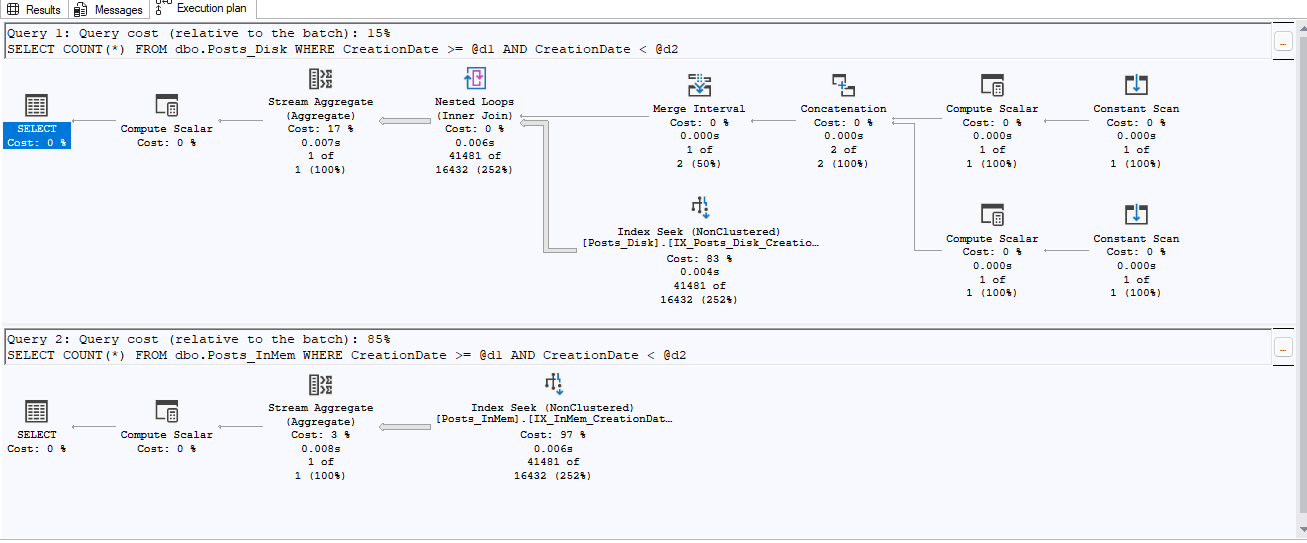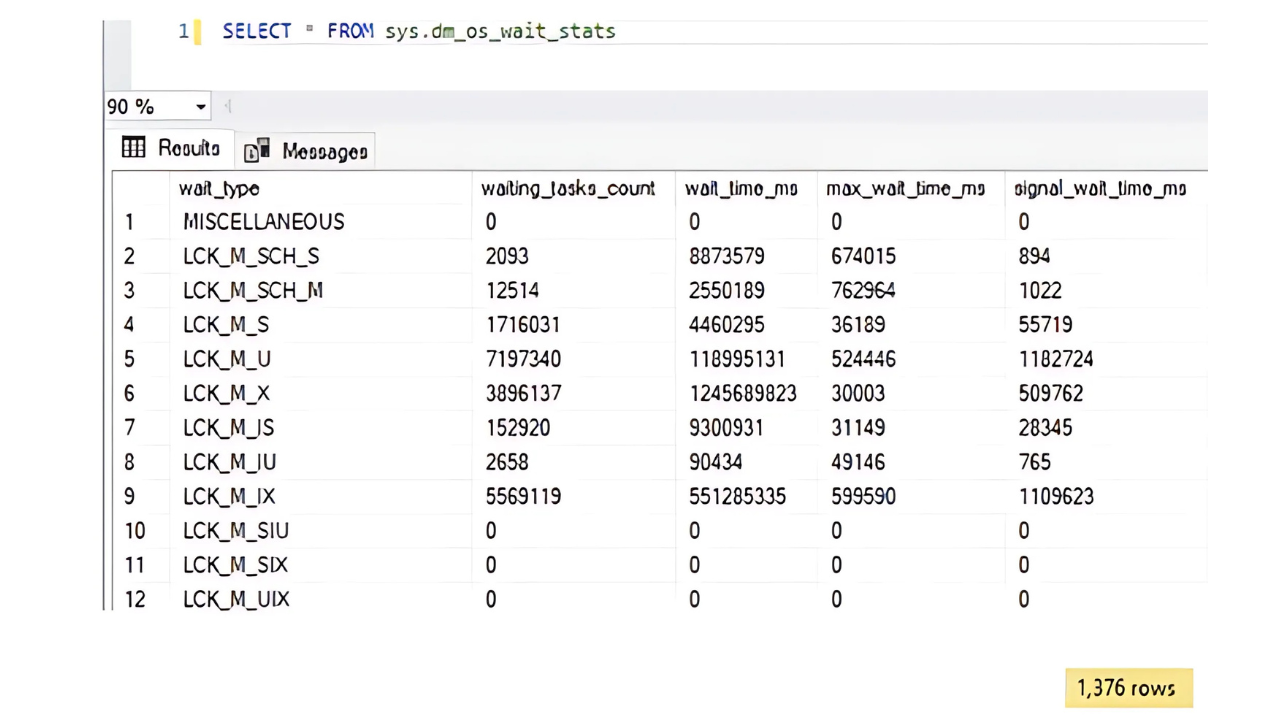One good database maintenance practice is to keep the indexes in good working order. This is typically done via index defragmentation routines. Some people perform routine index maintenance, some people do not, and still others have done some sort of “set it and forget it” script provided by a vendor and may or may not be doing index maintenance while thinking they are.
When done properly, this is a good thing. Sadly, there are many cases where good practice is not adhered to (let alone best practice). Some of these less than ideal situations could be when an application vendor has something built into their code to perform some sort of index maintenance, unbeknownst to you. In my opinion this is a near-worst case scenario. Being diligent, a good DBA would try to establish routine maintenance for the database based on best practices (or at least good practices). Should that DBA do such a thing and there is index maintenance baked into compiled code somewhere that is not accessible to the DBA, you just doubled the work.
If you would like to finish reading this article, please read here.





This Post Has 3 Comments
Hi Jason,
Thanks for this article, it might be useful in some situations.
I had an error when collecting the data with VALUE in uppercase …
Using “event_data.value” instead of “event_data.VALUE” makes it works perfectly.
Cheers
Thanks Max.
Unfortunately the plugin we use likes to UCASE the XML value function from time to time. I will see if I can get that tweaked to display the XML functions properly cased.
The tweak to the plugin seems to be working for this post now.